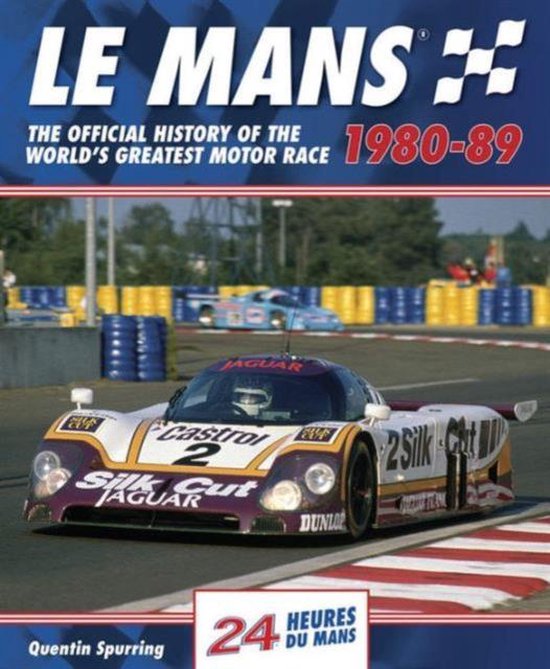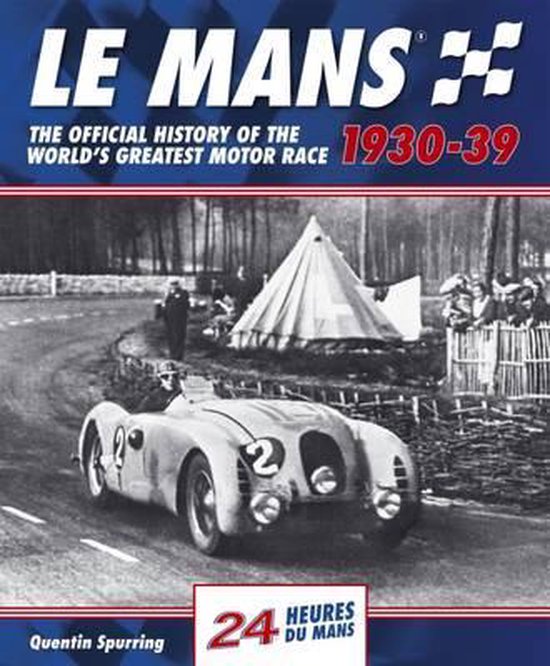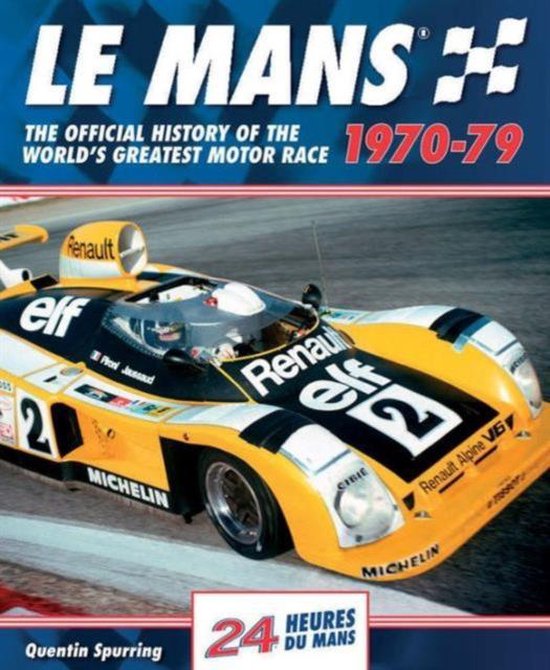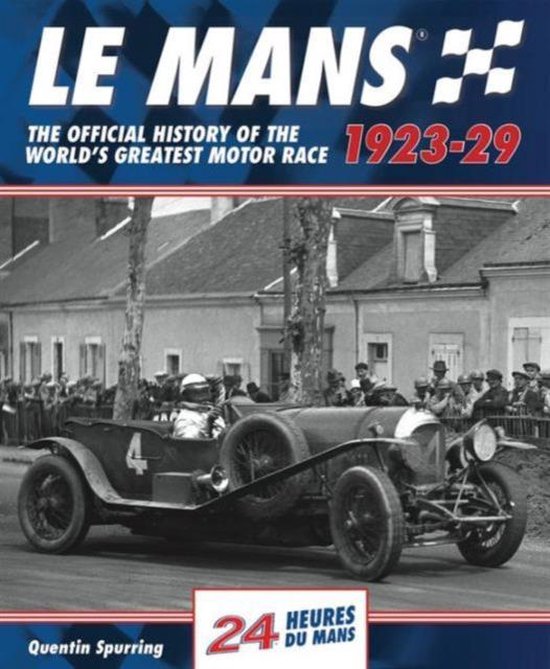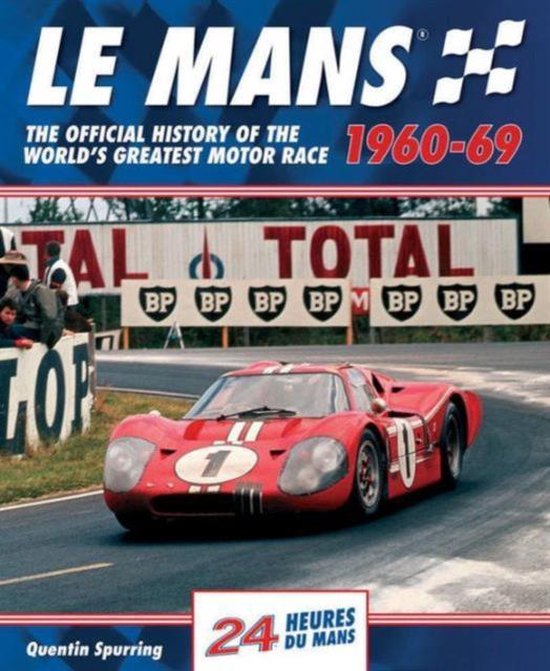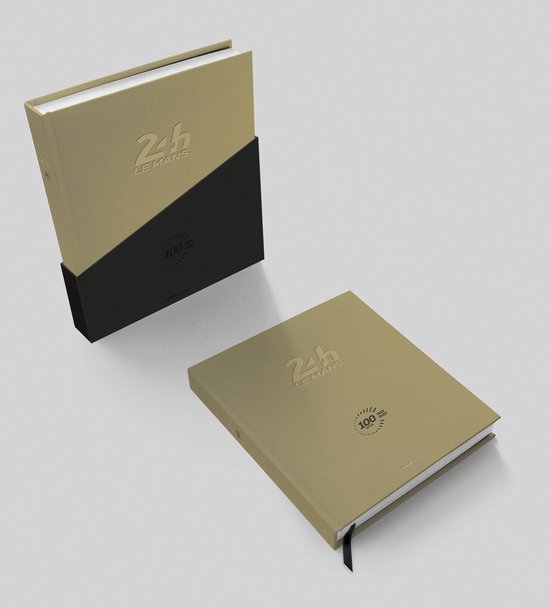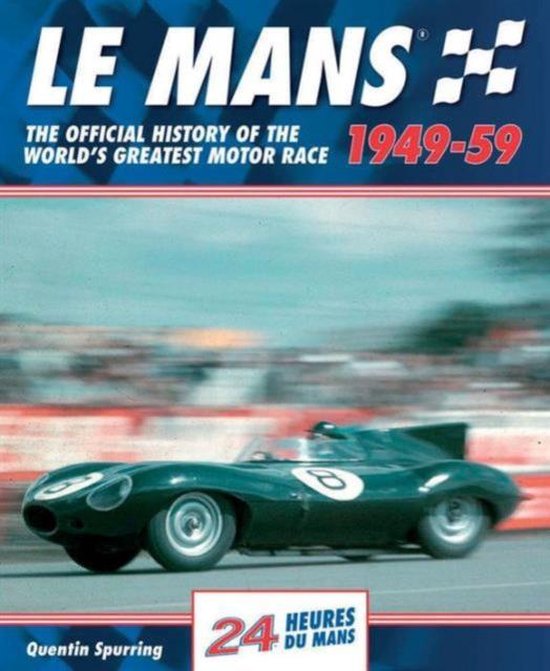
Mans
This was a very important period in the Le Mans story. Ferrari and Jaguar raced to stake claims as the foremost manufacturers of high-performance cars. Mercedes-Benz came back from war-ravaged Germany and again set the standards in race-car engineering. Aston Martin finally won at its 20th attempt. Enormous crowds - approaching half a million people - saw the first rear-engined saloons to compete at Le Mans, and the first mid-engined sports-racing cars, and the first diesels. As the victorious manufacturers actively promoted their successes, their commercial rivals also set out to win. As many as 15 brought 'works' teams every June, with purpose-built cars. On-track performance soared. In 1949 the fastest car hit 135mph (217kph) on the unique Mulsanne straight. Before the end of the 1950s, top speeds exceeded 180mph (290kph). This fascinating book tells the stories of these increasingly potent racing cars and conveys the punishing nature of an incomparable event - the ultimate test of the mental and physical abilities of the fragile individuals who make up racing teams, be they drivers, engineers, strategists or mechanics.The thorough statistics in the book result from fresh research, and there are more than 400 evocative photographs, many of them - including very rare colour images - never published before.
| Auteur | | Quentin Spurring |
| Taal | | Engels |
| Type | | Hardcover |
| Categorie | | Sport & Outdoor |
